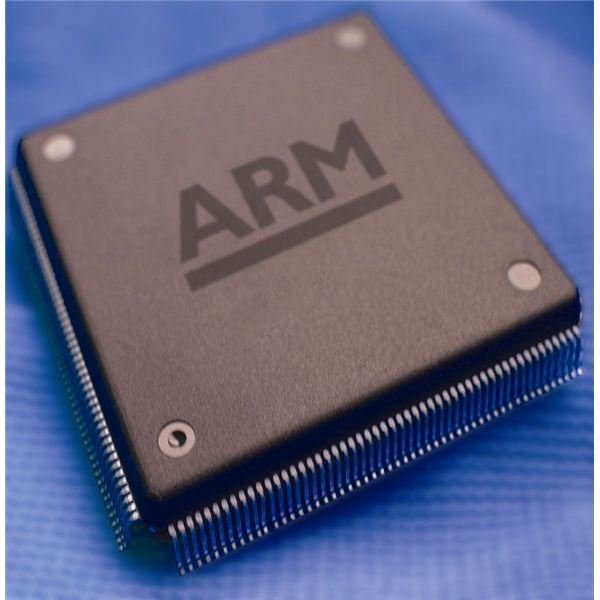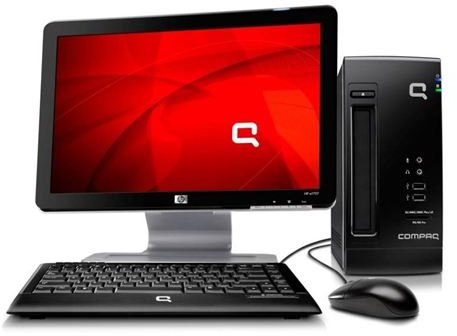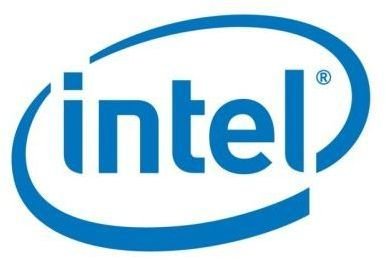ARM vs. Wintel: David Can't Fell This Goliath
Why Fix What Isn’t Broke?
The most important point missed when speculation is made about the demise of Windows and Intel’s dominance of the consumer PC market is the reason why their demise would come about.
What is Windows missing? Although a legion of geeks would gladly nitpick the operating system to death (as they would do to anything they’re not a fan of) the operating system is, on a broad scale, by far the best suited to the needs of most users. Windows is well supported by both Microsoft and third-party vendors, it is easy to use, it’s functional, and it’s consistently upgraded.
It’s hard to believe that anyone could think that an operating system like Android – which is already suffering serious fragmentation issues just a few years into its life – could succeed Windows. Ditto for iOS, but because of its lack of flexibility rather than excessive fragmentation. Apple’s mobile operating system is fine on its own devices, but will never be released to products from other companies – and that means it could never seriously challenge Windows.
Similar points can be made in favor of Intel. Despite having a near monopoly on the market for PC microprocessors, Intel has not only continued but actually accelerated the pace of its innovation in its strongest area (CPU architecture) while also shoring up weak spots, like graphics performance. Far from being broke, Intel is a lean, mean company that sells impressive products with few weak spots. In order for it to be replaced, it will need to show a serious weakness – and that weakness isn’t there.
Performance – Reality Trumps Speculation

Many of the proponents of alternative operating systems and processors are well aware of the fact that both Windows and Intel are quite possibly stronger now than ever in the past. Yet this fact is dismissed by a different tactic – arguing that the performance trajectory of current ARM processors and the fast development cycles of current mobile operating systems puts them on course to outpace their older competitors within as little as a few years or as many as ten years, depending on who you ask.
There’s a word for this argument, and it’s speculation. Yes, the pace of ARM processor development has been brisk, but there is absolutely no way to know how that pace will compare to x86 development in the future. The same is true for mobile OS development as compared to Windows. Although it’s possible that these products will continue their break-neck pace, it’s equally possible that the progress of their advancement will slow as the complexity of making new progress increases.
It’s also worth noting that their openness doesn’t ensure speed. Indeed, the nature of “open” as it pertains to Android and ARM seems like the worst of both worlds. While others can use and/or license these platforms, the core deceisions remain controled by central bodies - this sucks out much of the creative spark found on open source projects, but still provides room for fragmentation.
Operating system development and processor architecture design are two of the hardest projects a company could ever embark on. AMD, for example, has been trying to unseat Intel for over two decades. Far from a small fry, AMD is a company that reported revenue of nearly 6.5 billion in 2010 and has received constant stream of investments from massively rich benefactors including investment companies associated with middle-eastern governments. Yet in spite of all this, the company still struggles to keep up with Intel’s incredible peace of innovation. And we’re somehow supposed to believe that ARM, a company with less than a billion dollars in revenue, will do better? I find that doubtful.
Big Desktops Aren’t Sexy, But They’re Necessary

Underlying the arguments predicting the demise of Wintel is the assumption that desktop PCs, and perhaps laptops as well, already have one foot in the grave. Smartphones and tablets are the new heirs to the consumer computing market, and it’s only a matter of time before they take their rightful place on the throne.
This is a cute theory, but it’s based on the same flawed black-and-white thinking that caused experts to predict the demise of laptops at the feet of netbooks in 2008. Tech bloggers are frequently incapable of envisioning a future where multiple devices are used for multiple purposes – which is quite odd, since that is the reality we live in. Instead, arguments veer towards extremism. Tablets and smartphones aren’t coming to work alongside Wintel desktops and laptops – they’re coming to kill them!
Fat chance. The laws of physics show no signs of changing, and so long as they exist, it will always be possible to fit substantially more computing and battery power into a desktop PC or a laptop than in a smartphone or tablet before the thing cooks itself. Sure, not everyone needs that power – but many do, including gamers, anyone who wants to make amateur video, anyone who wants to do serious audio editing including both music and podcasting, and even people who need to edit large and complex spreadsheets.
In addition to the performance, desktops and laptops have another thing going for them – a keyboard and mouse. Touch input is wonderful for devices that are small enough to hold, but if you’re using a larger device with a display that’s too heavy and bulky to wield, the advantages of touch go by the wayside. Using a keyboard and mouse remains the quickest and most effective way to do work, and these devices simply can’t be miniaturized out of existence.
So long as these input devices reign supreme, they’ll create a natural market for desktops and laptops. Having a tiny portable tablet does you no good if you need to whip out a large keyboard whenever you have to do serious typing.
Change Isn’t Easy
Technological revolution is an appealing concept. It speaks to a basic trait of humanity – the fact that we are toolmakers, and have survived and thrived because of our ability to create new things. Touch the monolith, learn the secret, and off goes humanity to conquer Earth and the stars beyond.
Yet this allure doesn’t change reality, or rather, the fact that reality is difficult to change. Wintel may be the old guard, but they’ve earned that title though constant innovation and mind-boggling profits. These are not companies that have simply stumped their way into success. For all the nitpicking, they’re both fierce competitors.
Does this mean they may not be one day toppled? No. But at this point, placing ARM into a fight against x86, or Android into a fight with Windows, is much like placing a skilled high-school boxer into a fight with a world-class Super Heavyweight. The kid at least needs to grow up first – then, perhaps, we can talk about the challenge he presents to the champion. Technological revolution is appealing, but technological evolution is more plausible.
References
Youtube: Building Windows 8
Coding Relic: x86 vs ARM Mobile CPUs
PC Magazine: Intel vs. ARM: The Real Battle Begins
Real World Technology: Why Apple Won’t ARM the MacBook
All images are from press materials
